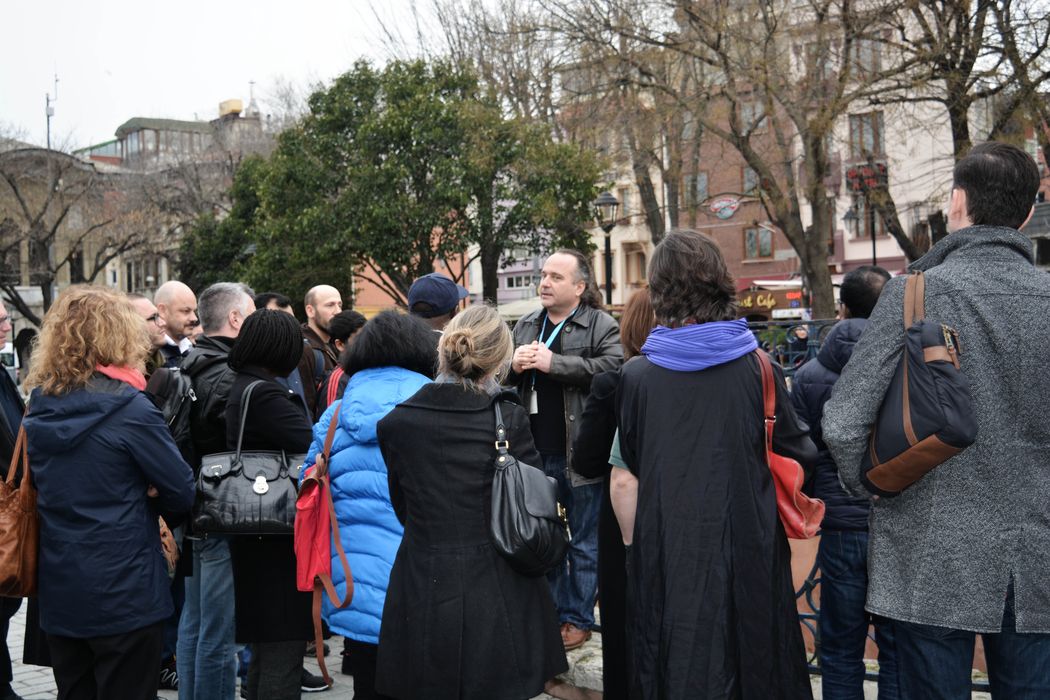Alexandria never forgot that across the Mediterranean and up through the Aegean lay the path to Constantinople—a city we will visit in later pages. On the hierarchy of Greek cities headed by Alexandria, with Ephe¬sus, Smyrna, and Antioch proudly following, and then the only somewhat lesser but still noble communities of Byblos, Berytus, Tyre, Sidon, Cae¬sarea, and Gaza (all recalling long histories), that ancient city of Byzan- tion had long dwelled in an obscurity from which it was finally rousted by the devastating generosity of emperors.
Underdeveloped in classical antiquity
Constantine gave one hostage to fortune in founding his city. He chose the location in part to keep closer watch on military affairs along the lower Danube. Underdeveloped in classical antiquity, broken up into small re¬gions and communities, with few cities, the world south of the Danube was easy to destabilize, but the hinterland of an immensely wealthy capital should be secure and impregnable. Suddenly the Balkans and their poli¬tics were both an opportunity and a menace for the empire. The region became and would remain a central recruiting area for soldiers and even emperors, but it was also a regular source of threat to imperial safety. The long-term development of the Slavic Balkans is unimaginable without the tempting sight of fat Constantinople to the southeast, positively begging to be blackmailed or plundered.
But Alexandria and Antioch were the real capital cities of the east¬ern Mediterranean, the former with Egyptian (that is to say, Coptic) hinterlands Like Dioscoros the Apiones, the latter surrounded by Syriac-speakers. Had Constantine not intervened by creating his new capital, a post-Roman Mediterranean no longer in touch with Latin-speaking Italy would have seen Greek culture and language in the east diminish. Had Alexandria and Antioch been left to grow and dominate their regions unchecked, Islam might never have taken the form or achieved the strength it did. Or at least it probably would have allied itself with one of the two eastern cities in a contest against the other that would have shaped a far different world.
Away from Alexandria and Antioch
Constantinople, while drawing wealth away from Alexandria and Antioch, ensured survival for speakers of Greek, and gave them opportunities for prosperity and comfort.9 Even after Constantine’s city fell to the Turks in 1453, the Greek language flourished in and around the Aegean basin for the 400 years modern nationalism took to rediscover it. Today’s Greek language is an extraordinary mix of ethnic, cultural, and social influences: the ancient high-prestige language of Plato and Demosthenes, the continuing vernacular used in Christian scripture and liturgy, all amalgamated long after antiquity’s end.








